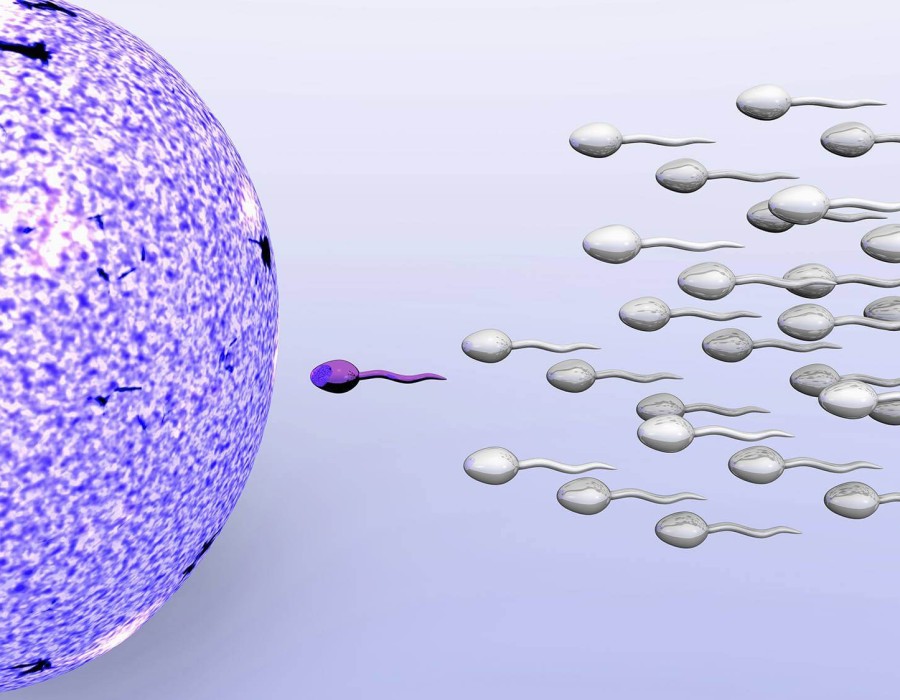Infertility is diagnosed through a series of tests and evaluations to determine the underlying causes and appropriate treatment options. The diagnosis process usually involves both partners and includes a detailed medical history, physical examinations, and various specific tests.
Common Diagnostic Tests for Infertility
Medical History and Physical Examination:
- Medical History: Detailed information about menstrual cycle, sexual habits, previous pregnancies, and any underlying health conditions.
- Physical Examination: General physical health assessment and a gynecological examination for women.
Ovulation Testing:
- Ovulation Predictor Kits: Over-the-counter tests to check for luteinizing hormone (LH) surge.
- Blood Tests: Measuring hormone levels, such as progesterone, to confirm ovulation.
- Basal Body Temperature Charting: Tracking body temperature changes that indicate ovulation.
Hormone Testing:
- Blood tests to check levels of hormones such as follicle-stimulating hormone (FSH), luteinizing hormone (LH), thyroid hormones, and prolactin.
Imaging Tests:
- Ultrasound: Pelvic ultrasound to examine the ovaries and uterus.
- Hysterosalpingography (HSG): An X-ray procedure to check the fallopian tubes and uterus for blockages or abnormalities.
- Sonohysterography: A specialized ultrasound to get a clearer view of the uterine cavity.
Ovarian Reserve Testing:
- Assessing the number and quality of eggs available for ovulation through blood tests (AMH levels) and ultrasound (antral follicle count).
Semen Analysis:
- Evaluating sperm count, motility, and morphology.
Genetic Testing:
- Checking for genetic disorders that might affect fertility.
Laparoscopy:
- A minimally invasive surgical procedure to examine the reproductive organs for conditions like endometriosis or pelvic adhesions.
Hysteroscopy:
- A procedure to inspect the inside of the uterus for abnormalities.
Infertility Treatment in Kota
If you are looking for infertility treatment in Kota, you would typically start with a consultation at a fertility clinic or with a specialist who will guide you through the diagnostic process. Some reputed fertility clinics in Kota might offer the full range of diagnostic tests and treatments mentioned above.
Steps to Find Infertility Treatment in Kota
Research and Choose a Clinic:
- Look for clinics with good reviews and success rates.
- Consider clinics that offer comprehensive diagnostic services and personalized treatment plans.
Initial Consultation:
- During the first visit, the specialist will take a detailed medical history and may start with basic tests.
Follow-Up Tests and Evaluation:
- Based on initial findings, the specialist may recommend further tests and evaluations to pinpoint the cause of infertility.
Treatment Plan:
- After diagnosis, the fertility specialist will suggest appropriate treatment options, which might include medication, assisted reproductive technologies (ART) like IVF, IUI, or surgical interventions.
By undergoing these tests and evaluations, a tailored treatment plan can be developed to address specific infertility issues, thereby increasing the chances of a successful pregnancy.





Comments